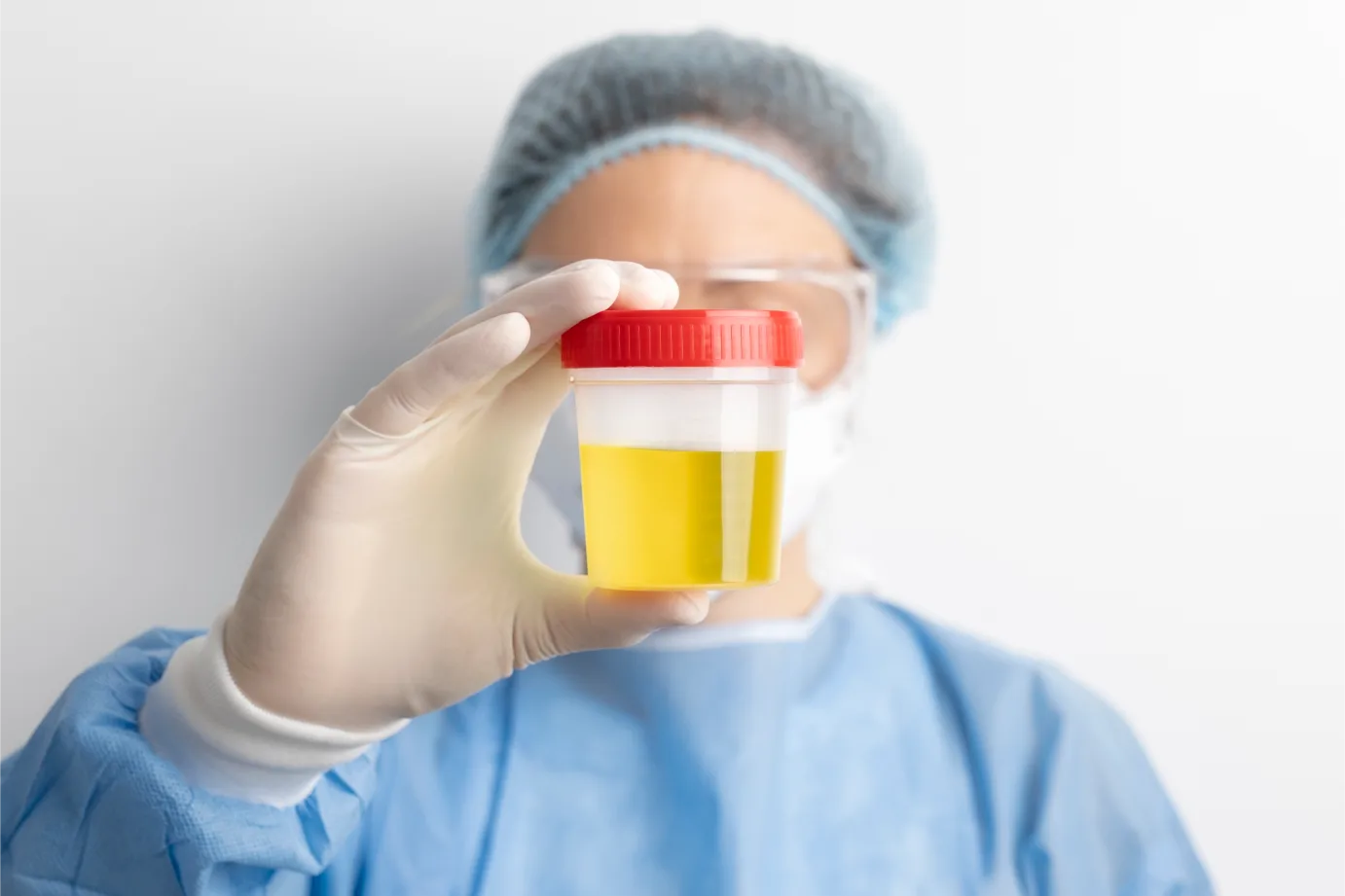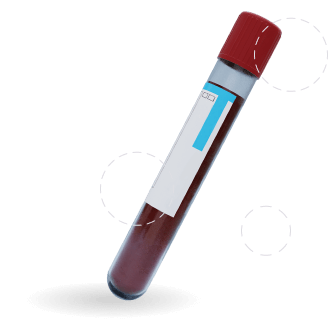
Medical Weight Loss Explained
A lot is said about medical weight loss but we are here to debunk the myths for you.
Screenings > Mid-Stream Urine Test





Your doctor may suggest taking a urine sample in order to help diagnose or rule out certain health conditions, including kidney disease, urinary tract infection, hydration, diabetes, and infection.

Urine removes filtered waste products from the body, and will always contain a typical range of certain substances. If your urine test reveals anything unusual, this will help your doctor to diagnose any underlying health conditions.
A mid-stream urine test, also known as a clean-catch urine sample, is a method used to collect a urine sample for laboratory testing. The process is designed to minimize contamination from the skin and external genitalia.
The sample is then analyzed in a laboratory. The lab technicians will look for signs of infection, such as bacteria or white blood cells, and other abnormalities like blood, protein, or sugar.
Glucose in the urine can indicate type 2 diabetes. Varying levels of protein in the urine can indicate kidney disease. Urinary tract infections, STIs or pregnancy will also all show specific changes in the urine.
Your doctor will discuss the results with you during your consultation. You can also take your emailed results to your own GP for further analysis, if you wish.


The primary use of a mid-stream urine test is in diagnosing urinary tract infections. UTIs are typically caused by bacteria, and the presence of these bacteria in the urine sample can confirm an infection. The test can also determine the type of bacteria, which is crucial for selecting the most effective antibiotic treatment.
Besides UTIs, this test is also used to diagnose other conditions affecting the urinary system, such as kidney disorders, diabetes (through the detection of glucose or ketones in urine), and liver problems.
A mid-stream urine test, often referred to as a clean-catch urine sample, is a critical diagnostic tool in the field of medicine, particularly in the diagnosis and management of urinary tract infections (UTIs) and other urinary disorders. This method of urine collection is designed to minimize contamination from the external genitalia and surrounding areas, ensuring that the sample accurately reflects the urine’s composition as it is in the bladder, which is essential for reliable diagnostic results.

Use our online booking engine or book your test by giving us a call.
On the online booking engine select the “appointment type” you need.
You will be seen by one of our friendly doctors or trained clinicians.



Incorporated
in 1998
Experienced doctors & a professional team
Registration
not needed
Up-to-date with the latest treatments & testing
Strictly
confidential
Your medical records are kept private at all times.
Affordable private
health care
Transparent fee structure with no hidden charges
We work with experienced consultants & healthcare professionals who have received positive feedback from our patients, and with whom we have established long-term relationships.
Latest Episode
Tune in to our podcast to explore the world of healthcare and learn from distinguished special guests. We cover everything from preventative measures to cutting-edge treatments so that you can stay informed and up-to-date on health-related things.

A lot is said about medical weight loss but we are here to debunk the myths for you.

Tourist in London and need a GP? Get fast, private care for illnesses, injuries, or lost medication. No registration needed.

With NHS appointments harder to access, many people are turning to private GPs for faster, more convenient care.
Subscribe for latest updates & news


From same-day private GP and blood test appointments to visa medicals, a sexual and reproductive health clinic, and preventative health screenings, we are here to help.
Contact Us
Accepted Insurance Companies






Please note that Walk-in Clinic is a private medical centre & not an NHS service. Harley Walk-in Clinic Ltd company registration no. 07472804